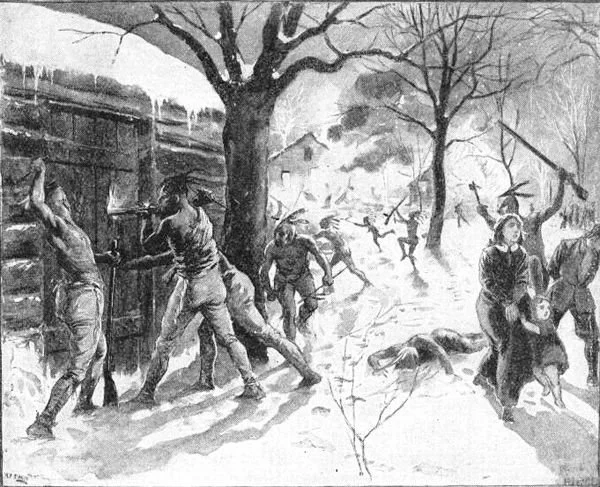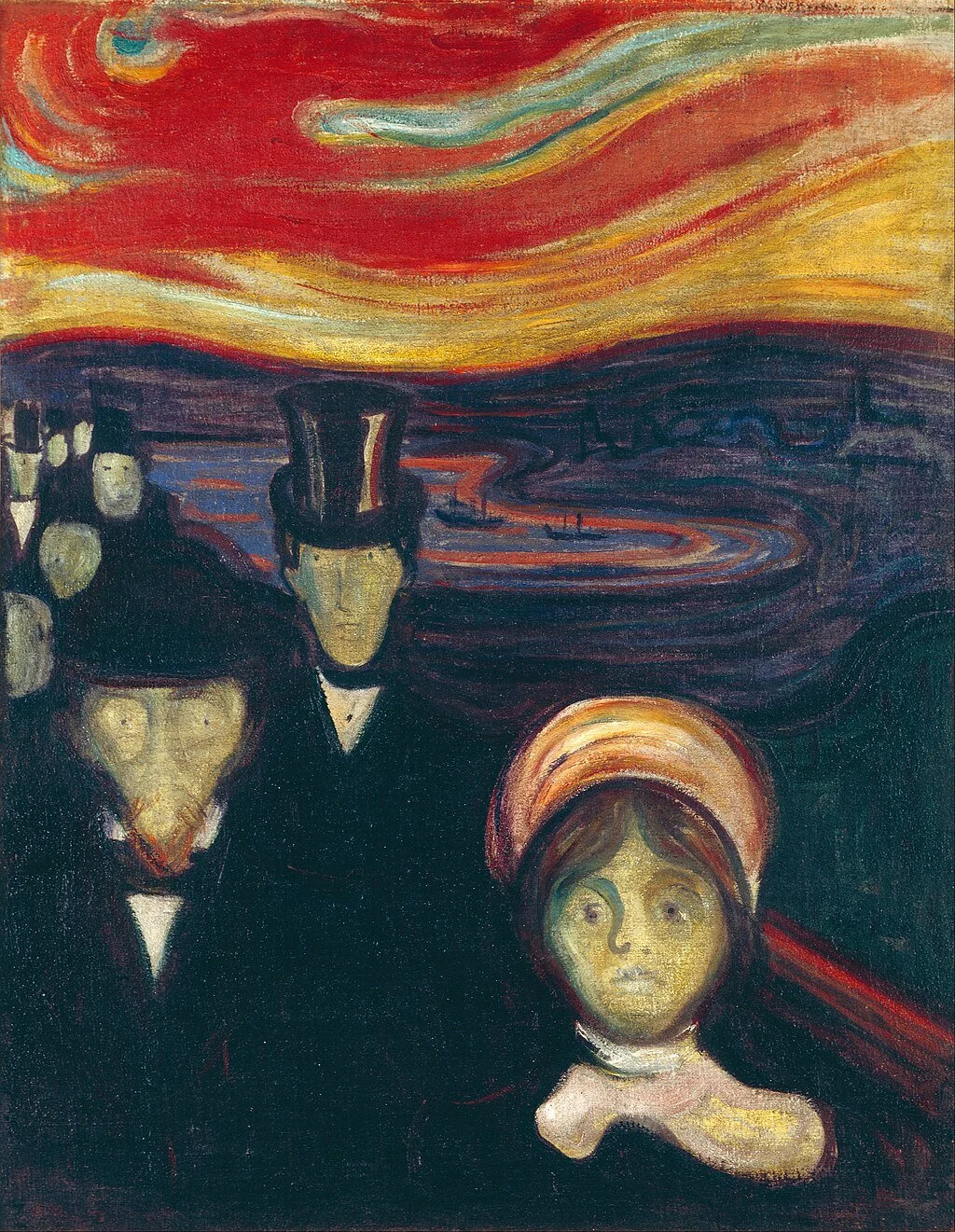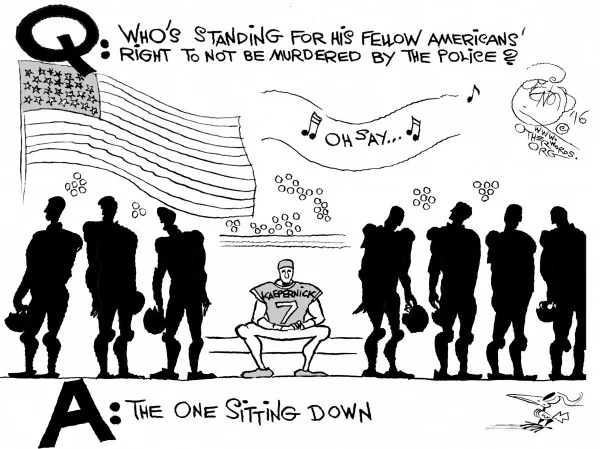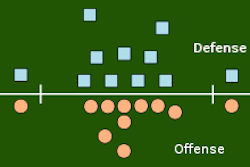Politically correct LED bulb.
Listening to Connecticut Gov. Ned Lamont and U.S. Sen. Richard Blumenthal last week, Connecticut might have thought that government has roundly succeeded in all its important functions and now doesn't have enough to do.
The governor issued a statement opposing President Trump's relaxing of federal energy-efficiency standards so that traditional incandescent light bulbs can continue to be manufactured and used. More modern bulbs, the governor noted, consume much less electricity and work longer than traditional bulbs and thus can save a lot of money.
But the new bulbs also cost more money than the old ones, and while the old ones generate more heat than light, that heat is not all wasted energy, since it is welcomed when the weather is cold.
In any case if the new bulbs really save so much money, people shouldn't need the government to coerce them with regulation or legislation. If, as such coercion suggests, the new bulbs can't put the old ones out of business on their own, people apparently find something undesirable about the new ones.
But the governor did not address that point. Instead he said he wants the General Assembly to pass Connecticut's own coercive legislation to prohibit choice in light bulbs.
Meanwhile Connecticut keeps deteriorating with daily shootings in its anarchic cities, tax increases, neglect of transportation infrastructure, dismal educational performance, child neglect, and so on. As a result inefficient light bulbs don't make even the top 50 on a list of the state's problems. But that may be why the governor is so interested in them and other trivia -- to distract from state government's failure with any problem that matters much, and, of course, to do some politically correct posturing against the insufferable Trump.
As the governor busied himself with light bulbs, Senator Blumenthal seemed to be aspiring to become commissioner of the National Football League. The senator held a press conference at the state Capitol to complain again that the league isn't tough enough on players accused of domestic violence.
But domestic violence does not involve misconduct on the job. It is criminal and thus a matter for law-enforcement authorities.
Nor does the federal government have any jurisdiction over football players particularly. While the NFL has a business exemption from federal antitrust law, an exemption shared with other pro sports leagues, the appropriateness of those exemptions has nothing to do with domestic violence. The exemptions probably should be repealed regardless of any off-the-job misconduct by players.
People in all occupations commit domestic violence. So why is domestic violence by pro football players of special concern to Senator Blumenthal? Does he think that pro football players are uniformly heroes in the public eye? That cliche expired under a tidal wave of well-publicized thuggishness. As newspaper columnist Mary McGrory wrote decades ago: "Baseball is what we were. Football is what we have become."
If the NFL isn't tough enough on domestic violence for the senator, it may be because of concern for due process of law. Why should the league be tougher than a court? A court sentencing a pro football player can take him out of the game faster than the league can, and without the league's financial liability.
And is the senator really sure that government itself is tough enough on its own employees who commit domestic violence? Or would it be too politically incorrect for him to risk offending the government employee unions?
Chris Powell is a columnist for the Journal Inquirer, in Manchester, Conn.

















